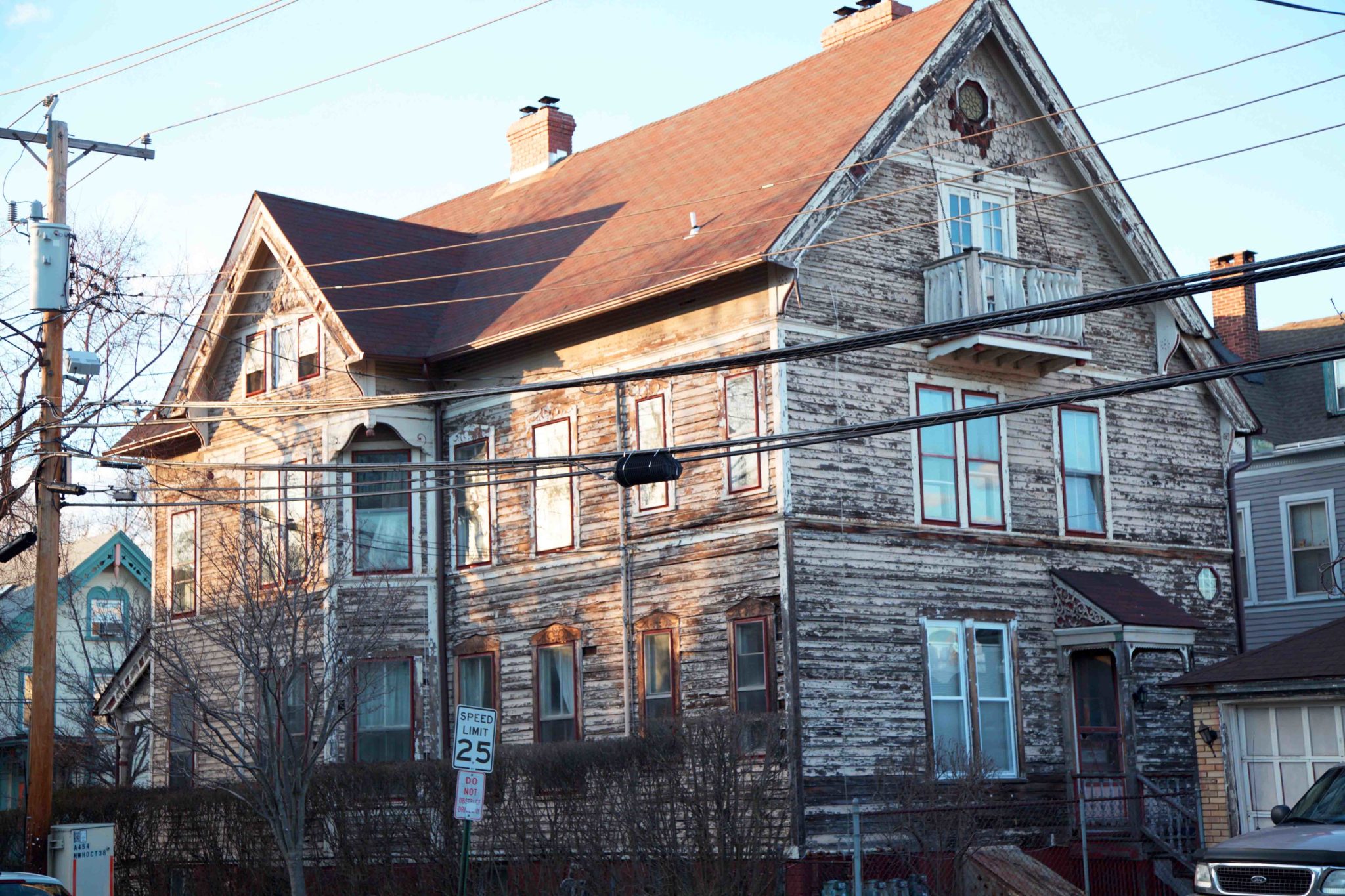
The U.S. Department of Housing and Urban Development stepped into New Haven’s lead crisis last Wednesday, providing almost $1 million to the Housing Authority of the City of New Haven to help address lead abatement issues in the Elm City’s housing complexes.
“We have no more important mission than protecting children from the potentially dangerous lead,” said HUD Secretary Ben Carson ’73 in a press release. “Today we’re investing in safer, healthier public housing and in the futures of the children living there.”
New Haven’s housing authority was among 20 agencies across the nation that received funding to combat lead in housing. Since 2017, dozens of families — including five in the last year — have filed lawsuits against the Elm City for inadequately handling lead inspection and abatement, according to Amy Marx, a lawyer with the New Haven Legal Aid Association, or NHLAA, who has been instrumental in these lawsuits.
Some New Haven apartments are old and not adequately kept, with chipping paint that can expose children to lead poisoning. Although landlords are responsible for taking care of their properties, Marx said, housing complexes usually do not improve without efforts by an investigation team and the city’s health department to follow up on a lead abatement order.
After finding evidence that many children have lead levels in their blood above the federal standard of 5 milligrams per deciliter, as determined by the Center for Disease Control, families and the NHLAA continually have sued the city for the past year and a half, urging officials to take action. Marx said the process has been very “frustrating,” blaming the New Haven Health Department for not taking responsibility of the situation even with children’s lives at risk.
The New Haven Health Department did not respond to request for comment. But mayoral spokesman Laurence Grotheer defended the city’s lead abatement programs when contacted at the end of August.
“For as long as Mayor Harp has been in office, New Haven has had a robust lead awareness and mitigation program,” Grotheer said. “The standard adopted by the health department in New Haven is more strict than the state standard to underscore the city’s commitment to keeping residents safe from lead-based paint.”
Ward 22 Alder Jeanette Morrison said the Livable City Initiative — a city-based housing agency separate from the federally oriented Housing Authority of New Haven — and the health department are responsible for keeping apartments in the Elm City safe.
The issue could go before the Board of Alders if a certain initiative or proposed legislative change requires a vote, Morrison said.
Ashna Gupta | ashna.gupta@yale.edu







